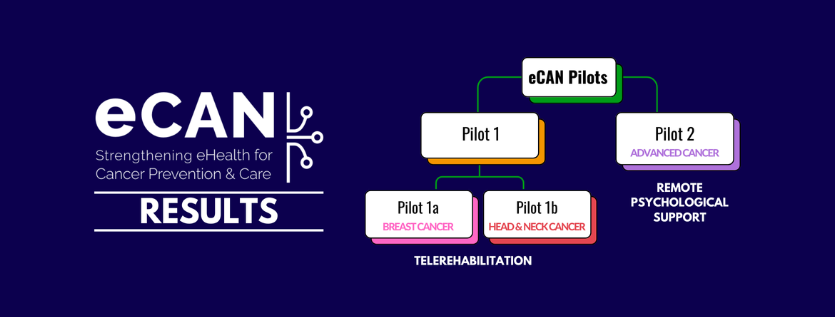eCAN pilots results point to digital health as an adequate support for cancer patients
Telerehabilitation and telepsychology appear to be an appropriate support for cancer care, according to the results of pilot projects conducted with breast, head and neck, and advanced cancer patients. The results show an improvement in patient-reported outcomes such as quality of life, pain and distress when telehealth interventions are used. Challenges such as various ethical approvals, technical issues and patient compliance were addressed with mitigation strategies to ensure feasibility and acceptability.
All the details are available in the WP5 deliverable “Final clinical Study Analysis”, a report that evaluates the role of telemedicine in cancer care through three pilot studies involving 251 patients across the European Union.
The breast cancer pilot included 57 patients in the control group and 50 in the intervention group. The authors observed a significant difference in the results at the end of the study, with patients in the intervention group reporting a better quality of life than those in the control group. Based on these results, telemedicine seems to have had a positive impact on breast cancer patients.
The advanced cancer pilot included 54 patients in the control group and 50 in the intervention group. The results showed a significant difference in distress between patients who participated in online psychological consultations and those who attended face-to-face sessions. Although telemedicine seems to reduce the distress of advanced cancer patients, it does not appear to show equal effect on their quality of life.
The authors do not report the results of the pilot for head and neck cancer patients, as these cannot be considered significant due to the small sample size.
According to this research, tele-rehabilitation and virtual psychological sessions seem to be an adequate support for cancer patients, particularly for those living far from the place of treatment and for those who are advised not to go to the hospital for health reasons. Also, the use of a dedicated app can be a useful tool to improve patient compliance in reporting outcomes, state the authors.
Pilots’ methodology
The results of these pilots contribute to eCAN’s mission to support EU Member States in implementing telemonitoring and teleconsultation in national healthcare systems to reduce inequalities in cancer care across the European Union.
During the pilots, patients in the intervention group participated in remote consultations and we tracked their status for eight weeks using telemonitoring systems to collect patient-reported outcomes. We developed a dedicated app to collect this data, and a small group of patients also explored the use of smartwatches to report on a weekly basis on various health-related metrics such as pain, physical status, sleep quality, distress, heart rate, etc.
In contrast, patients in the control group continued with their regular face-to-face consultations and did not have access to any of these digital health tools. This approach has allowed to explore and evaluate the impact of virtual cancer care compared to traditional face-to-face care.





 eCAN
eCAN